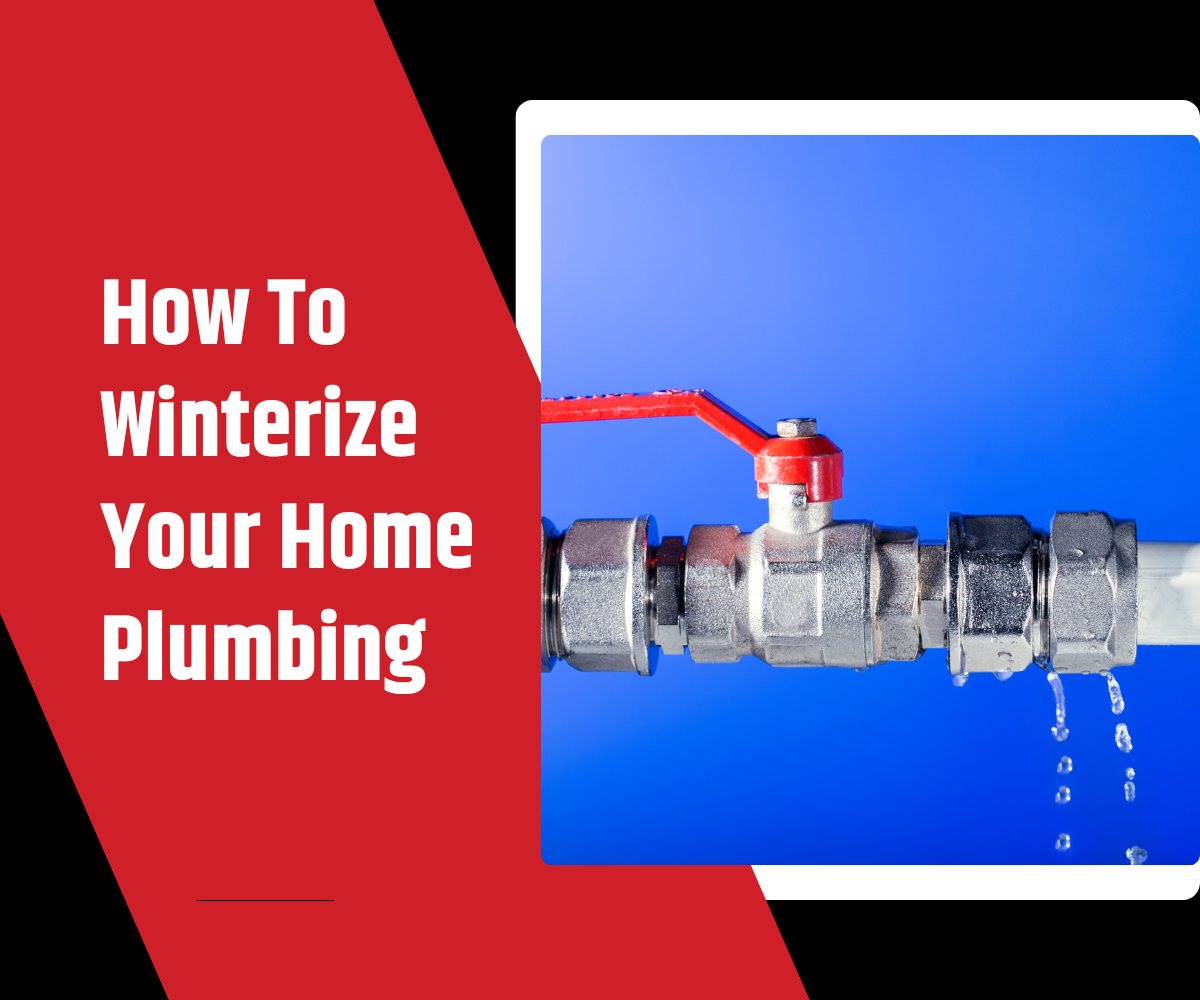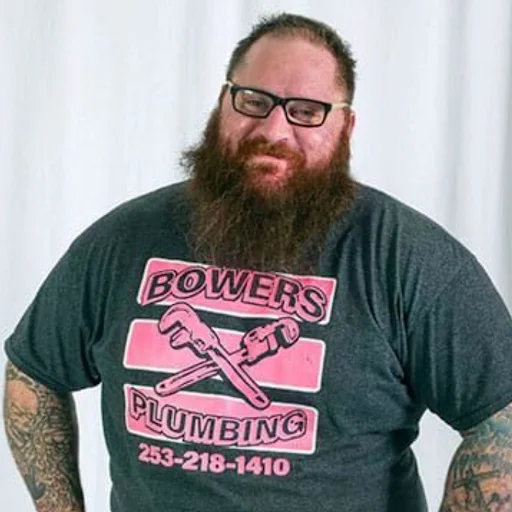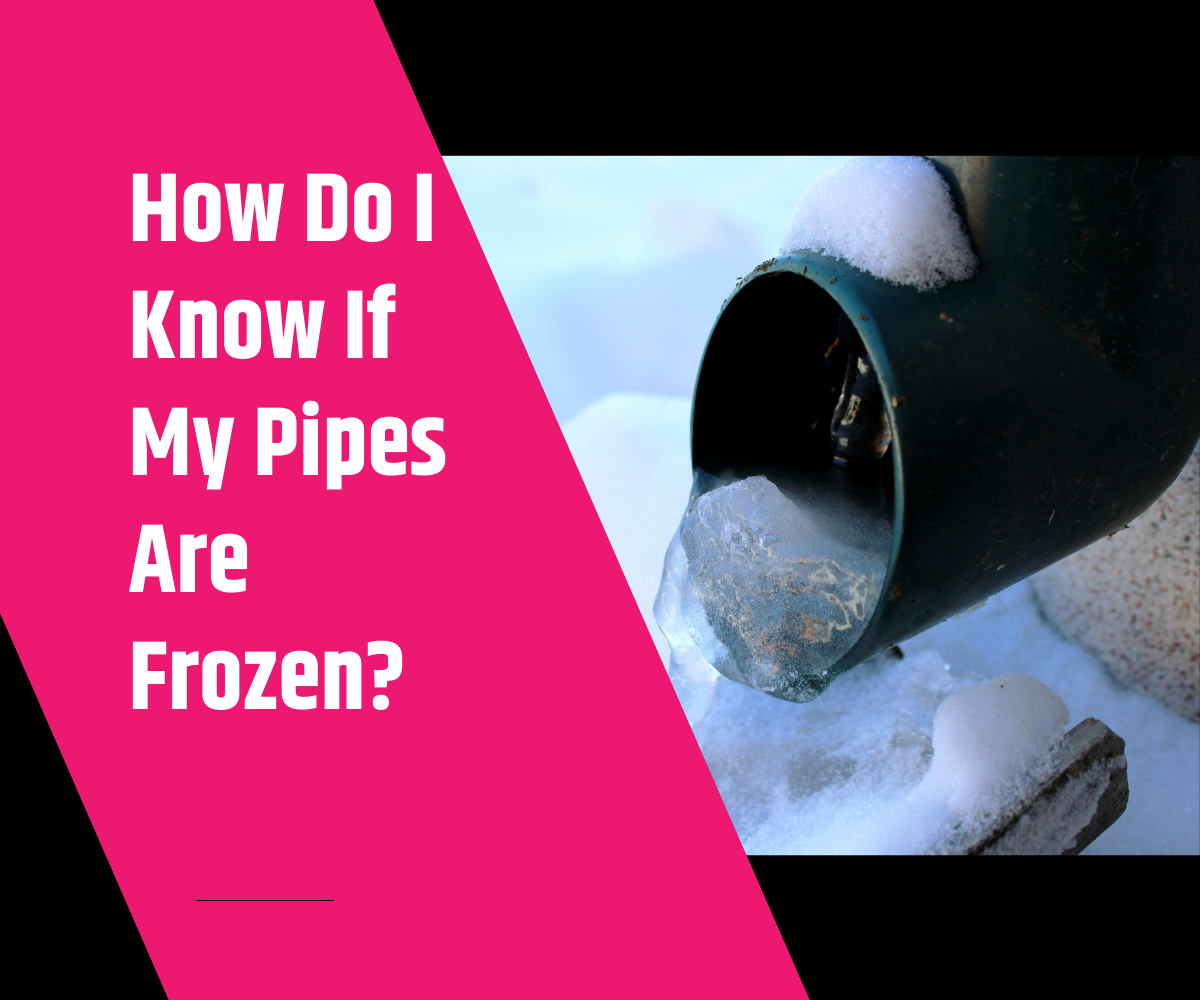How to Winterize Your Home Plumbing: Expert Tips from Bowers Plumbing
Winter is just around the corner, and while you’re getting ready to cozy up with blankets and hot cocoa, don’t forget about your home’s plumbing. Cold temperatures can wreak havoc on pipes, potentially causing them to freeze, crack, or burst, leading to expensive repairs and major headaches.
At Bowers Plumbing LLC, we’ve compiled some expert tips to help you winterize your plumbing and protect your home this season. With just a little preparation, you can prevent winter plumbing disasters and enjoy peace of mind all winter long.
Steps To Winterize Your Plumbing
1. Insulate Pipes
Exposed pipes are especially vulnerable to freezing during the colder weather. Pay extra attention to pipes located in unheated areas of the home, such as attics, basements, garages, or crawl spaces. Consider insulating them with foam pipe insulation, heat tape, or even old towels or blankets in a pinch. This extra layer of protection can prevent pipes from freezing and bursting during extreme cold.
2. Seal Gaps and Cracks
Check the exterior of your house for gaps or cracks around windows, doors, and vents that might let in cold air. Even small openings can allow cold air to reach your plumbing. Seal any cracks or gaps with caulking, weatherstripping, or expanding foam. This helps keep cold air away from your pipes and also increases your home’s overall energy efficiency.
3. Let Faucets Drip in Extremely Cold Weather
When temperatures drop drastically, it can be helpful to leave a faucet running at a slow drip. This keeps water moving through the pipes and reduces the chances of freezing. Open both the hot and cold taps to keep the water flowing in your most vulnerable plumbing areas. It’s an easy way to reduce the risk of damage from frozen pipes.
4. Disconnect Garden Hoses and Shut Off Outdoor Faucets
Outdoor faucets are particularly prone to freezing since the water in the pipes outside your home is exposed to the elements. Disconnect all garden hoses and drain any water left in them. You should also shut off the water supply to outdoor faucets by turning off the valve inside your home (usually located in the basement or crawl space) and draining the faucet. Consider installing an insulated cover over outdoor spigots to provide additional protection.
5. Keep Your Home Warm
Maintaining a consistent temperature in your home is key to protecting your plumbing. Even if you’re away on vacation or during a cold snap, try to keep your thermostat set to a minimum of 55°F (13°C). This helps ensure that your pipes stay above freezing and prevents any sudden temperature drops that could cause damage.
6. Check Your Water Heater
Winter is a great time to give your water heater some TLC. Flush out any sediment that might have built up in the tank over time, and inspect the area around the heater for any leaks or signs of wear. If your water heater is older or showing signs of corrosion, now may be the time to replace it before it gives out in the middle of winter.
7. Know the Location of Your Main Water Shut-Off Valve
If a pipe does freeze or burst, it’s critical to act quickly. Knowing the location of your main water shut-off valve can save you from extensive water damage. Take a few moments to locate the valve and familiarize yourself with how it works. Make sure everyone in your household knows how to turn off the water in case of an emergency.
8. Prepare for Power Outages
During winter storms, power outages can lead to freezing pipes if your home’s heating system is affected. If you live in an area prone to winter storms, consider purchasing a backup power generator or taking other precautions to maintain heat in your home during power outages. Keeping your home warm is one of the most effective ways to prevent plumbing disasters.
9. Inspect Your Sump Pump
If you have a sump pump, make sure it’s in good working order before winter arrives. A malfunctioning sump pump can lead to flooding in your basement, especially if there’s heavy snow or rain. In the case you need a repair, and wanted to know for certain, you can do a simple test. Start by pouring a little water into the sump pit to ensure it activates and drains properly.
10. Schedule a Plumbing Inspection
The best way to ensure your plumbing is ready for winter is to have a professional inspection. At Bowers Plumbing LLC, we offer expert plumbing maintenance services, including winterization, to make sure your pipes and fixtures are fully prepared for the cold months. Our team can catch potential problems before they become costly emergencies.
What We Learned About Winterizing Your Plumbing
Taking the time to winterize your home’s plumbing can save you a lot of time, money, and stress down the line. With a little effort and attention to detail, you can avoid plumbing disasters and ensure your pipes are safe from freezing temperatures.
If you need help with winterizing your plumbing or suspect you have a potential issue, don’t hesitate to contact Bowers Plumbing LLC. We’re here to ensure your plumbing system runs smoothly, no matter how cold it gets outside. No matter the weather, we will be happy to service your home plumbing.
Stay warm, stay safe, and remember: Bowers Plumbing is here for all your plumbing needs!





